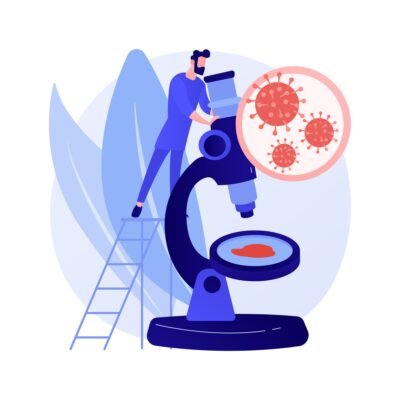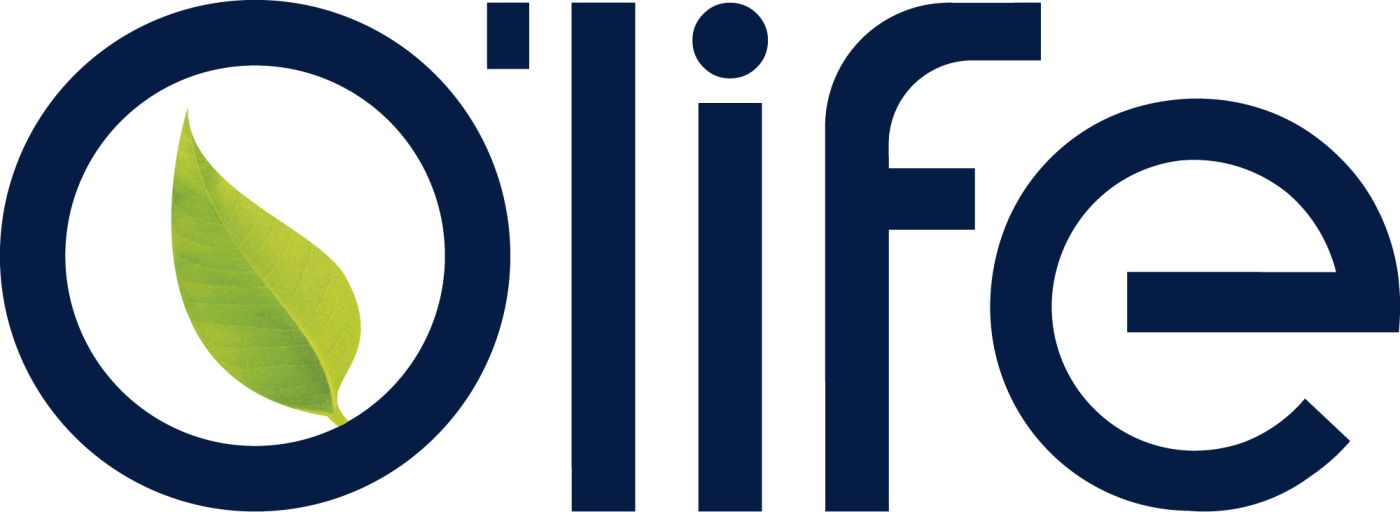Covid is a virus that has plunged the world into a health emergency from which it has been very difficult to get out. With the arrival of new variants such as the Omicron, the numbers of infected have risen steadily, setting off the alarms again.
Much has already been said about how important it is to identify the disease in time, when it is in its initial stages, since it has been proven that in more advanced stages, fighting it is more difficult and can cause more serious symptoms that can even lead to death. .
Covid -19 tests are the order of the day, so you can find out if you have contracted the virus whenever you want. Many doubts arise about the effectiveness of these tests and their accuracy in diagnosing the disease, and scientists have already clarified a lot about this aspect.
Inconsistencies in rapid antigen tests
The SARS-CoV2 rapid antigen tests (Covid-19 BOSON, Covid-19 NEWGENE, Covid-19 WESAIL, Covid-19 GOLDSIDE, Covid-19 FLOW FLEX) have become one of the main ways to detect Covid in your new variant, as they are an easy and simple way in which citizens can search for diagnoses and isolate themselves in case of positive results.
Despite the great boom in these practical tests, PCR is still the most reliable test for accurate results. In many cases, a PCR is even required after the rapid test to confirm the disease due to its good detection of the virus.

Why are there inconsistencies in the Covid antigen tests?
Problems with the accuracy of the results can be due to several factors such as the manufacturing details, the poor implementation of the same and the moment in which they were made.
It is important to take these aspects into consideration in order to obtain the most accurate diagnoses possible. In addition to repeating the test it is important to confirm and remove any doubts regarding the reliability of the diagnosis.
False negative and positive results
Among false negative and positive results, the former are the most likely to occur. This happens because the tests are often carried out in very early or recovery stages, in which, since there is not so much viral load, the antigen tests are not as effective.
However, according to research carried out at the University of Cape Town in South Africa published on the MedRxvi platform, Covid-19 saliva tests are better able to detect Omicron than nasal tests. So with rapid oral fluid antigen tests the chances of false negatives go down.
In the case of false positives, although they also occur, this happens in a very minimal way. Researchers at the University of Toronto were able to confirm this by obtaining only 0.05% false positives in the total of all asymptomatic workers they diagnosed in their research.
In conclusion, rapid antigen tests have good parameters and are good allies for the early detection of Covid-19 disease.

